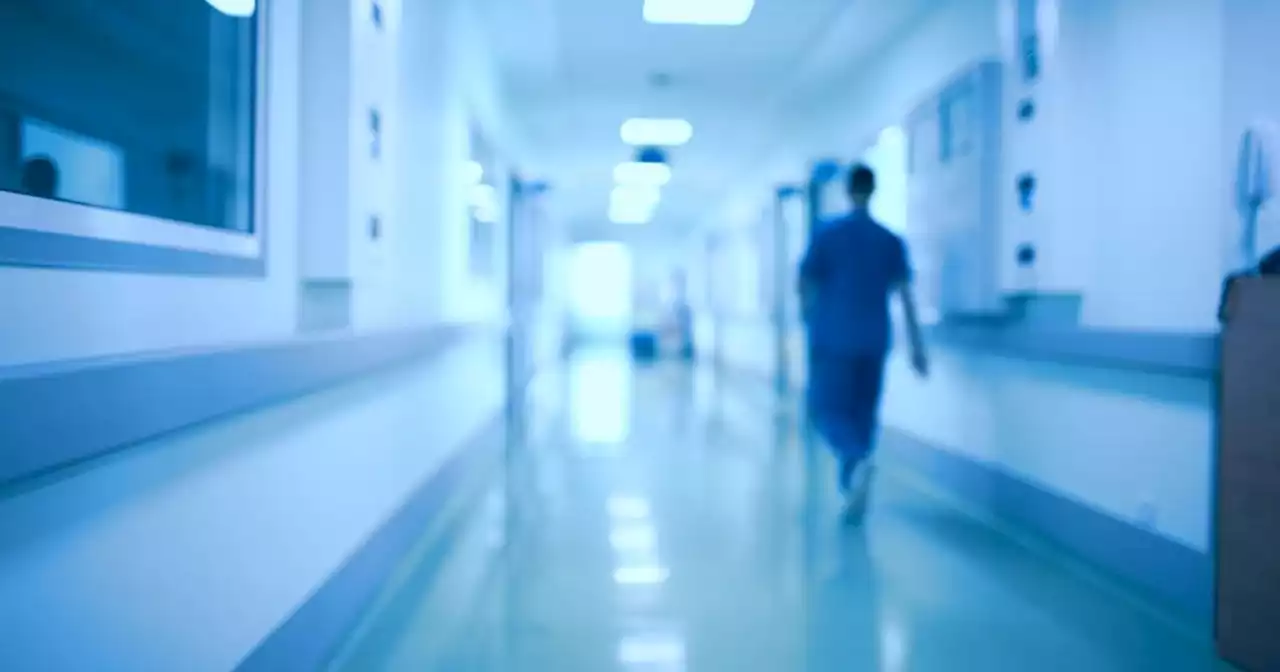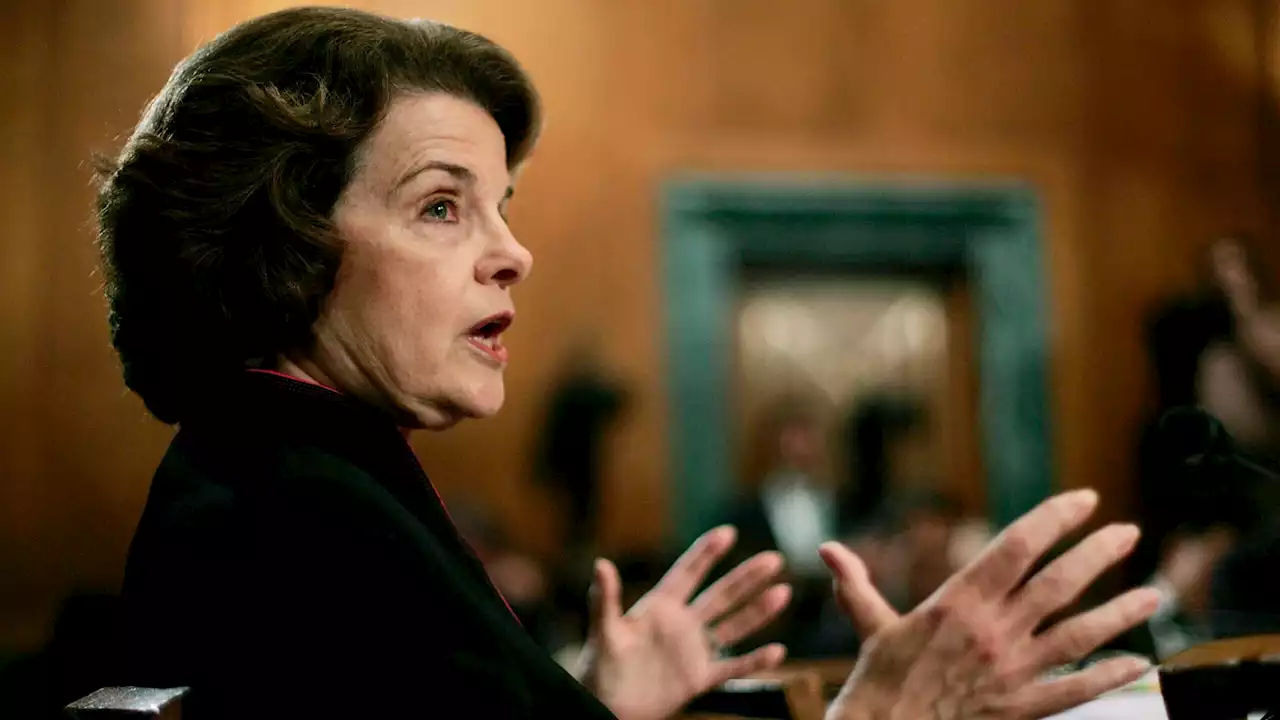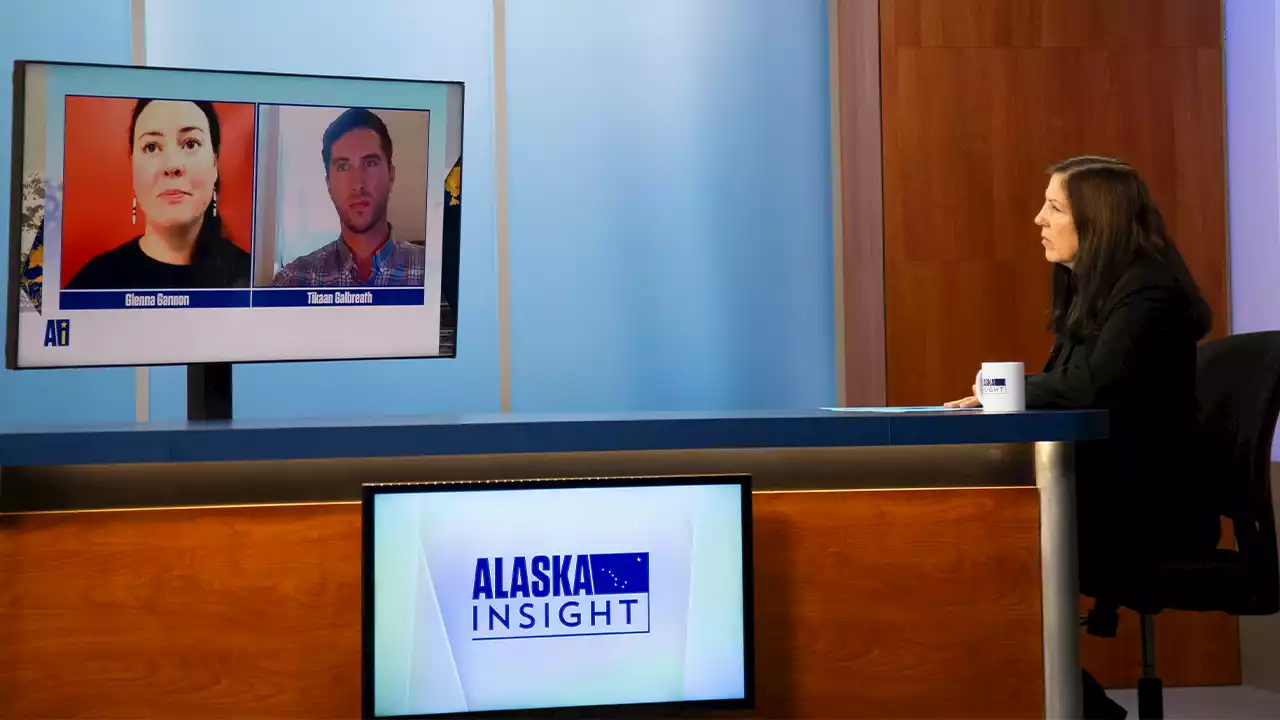By demonstrating how knowledge of history can inform and improve current public policy debate, we hope to raise the level of discussion.
To help raise the level of civil discourse across Alaska, the Alaska Historical Society is undertaking two initiatives to create a more productive environment in which to arrive at sound public policy.
They are attorney and Alaska Native Justice Center Chief Operating Officer Alex Cleghorn, legal scholar and author David S. Case, and Tlingit scholar and anthropologist Rosita Kaaháni Worl, Ph.D. Today in Alaska and much of the rest of the country, our civil discourse has deteriorated to a point where sensible public policy is not only enormously challenging but often unachievable. By demonstrating how knowledge of history can inform and improve current public policy debate, we hope to raise the level of discussion so an informed public can encourage decision-makers to draw on history to make fact-based policy that serves the broadest diversity of Alaskans.
Keynote speaker Diane Hirshberg, director of the University of Alaska Anchorage’s Institute of Social and Economic Research, will kick off the conference with a focus on Alaska education, especially that affecting Indigenous and rural youth.
United States Latest News, United States Headlines
Similar News:You can also read news stories similar to this one that we have collected from other news sources.
 Alaska Statehood Pioneers: In Their Own Words ArchivesA series of ten public television oral history documentaries. In 2004 extensive interviews were conducted with all of the remaining living delegates of the Alaska Constitutional Convention, those who worked at the convention, and other notable Alaska figures. These interviews were conducted by historian Dr. Terrence Cole of the University of Alaska Fairbanks and public television producers in preparation of the Creating Alaska project and the upcoming celebration of the 50th anniversary of statehood. These pioneer Alaskans tell about their contributions and involvement in forming the state. They also tell about their lives, their lives in Alaska, and reminisce about the early days of Alaska as a territory and the journey to statehood. The programs were produced by 360 North in collaboration with the Alaska Film Archives at the University of Alaska Fairbanks. Funding was provided by the Alaska Humanities Forum, The National Endowment for the Humanities and the Alaska Committee.
Alaska Statehood Pioneers: In Their Own Words ArchivesA series of ten public television oral history documentaries. In 2004 extensive interviews were conducted with all of the remaining living delegates of the Alaska Constitutional Convention, those who worked at the convention, and other notable Alaska figures. These interviews were conducted by historian Dr. Terrence Cole of the University of Alaska Fairbanks and public television producers in preparation of the Creating Alaska project and the upcoming celebration of the 50th anniversary of statehood. These pioneer Alaskans tell about their contributions and involvement in forming the state. They also tell about their lives, their lives in Alaska, and reminisce about the early days of Alaska as a territory and the journey to statehood. The programs were produced by 360 North in collaboration with the Alaska Film Archives at the University of Alaska Fairbanks. Funding was provided by the Alaska Humanities Forum, The National Endowment for the Humanities and the Alaska Committee.
Read more »
 OPINION: This Alaska government program not only works, it’s wildly successfulThe growth of this program is impressive, but it just scratches the surface of the total need, as most in health care know.
OPINION: This Alaska government program not only works, it’s wildly successfulThe growth of this program is impressive, but it just scratches the surface of the total need, as most in health care know.
Read more »
 OPINION: Hey Alaska travelers, stay off your dang phonesMany people treat their phones as the most important thing in their world, demanding immediate attention. That’s a safety issue.
OPINION: Hey Alaska travelers, stay off your dang phonesMany people treat their phones as the most important thing in their world, demanding immediate attention. That’s a safety issue.
Read more »
 Sen. Dianne Feinstein’s Career: Illustrious, but Too Long?See multiple perspectives from The Forward, National Review (Opinion), and CNN (Opinion) at AllSides.com.
Sen. Dianne Feinstein’s Career: Illustrious, but Too Long?See multiple perspectives from The Forward, National Review (Opinion), and CNN (Opinion) at AllSides.com.
Read more »
 How to increase in-state food productionThe disruption of the pandemic focused even more attention on a perennial concern for Alaska, our distance from major food suppliers. The future economic health of our state depends in part on having a more robust, local supply of food to reduce reliance on outside producers. In this episode of Alaska Insight, host Lori Townsend is joined by Glenna Gannon, an assistant professor of sustainable food systems with the University of Alaska Fairbanks, and Tikaan Galbreath, technical assistance network director with the Intertribal Agriculture Council, to discuss creating sustainable food systems in Alaska.
How to increase in-state food productionThe disruption of the pandemic focused even more attention on a perennial concern for Alaska, our distance from major food suppliers. The future economic health of our state depends in part on having a more robust, local supply of food to reduce reliance on outside producers. In this episode of Alaska Insight, host Lori Townsend is joined by Glenna Gannon, an assistant professor of sustainable food systems with the University of Alaska Fairbanks, and Tikaan Galbreath, technical assistance network director with the Intertribal Agriculture Council, to discuss creating sustainable food systems in Alaska.
Read more »
